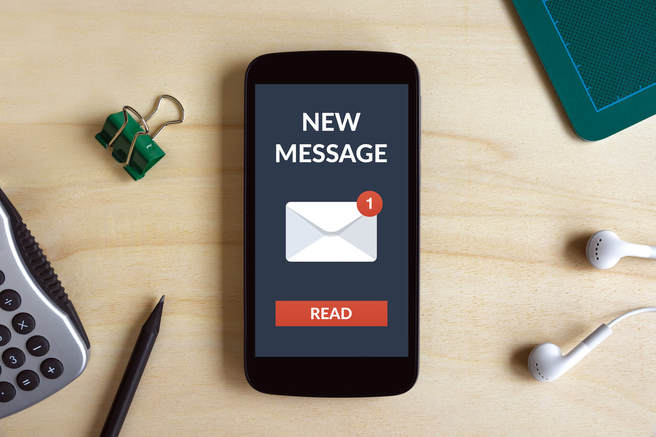|
By Glenn Leibowitz At one of my first jobs out of college, whenever the clock would hit 6 pm or a little after, my manager would pack up his things and head out of the office. Impressed by his ability to leave the office at such a relatively early time for such a busy company as ours (I worked at a multinational advertising agency), I asked him how he was able to do it. He told me he made a point of being as efficient as he could during the day so he could sign-off on time at night to meet up with his wife and two young children for dinner. Let me put this story into context: This was about 25 years ago, at a time when people still used beepers, smartphones didn't exist, and email was used by only a handful of companies. I'm fairly certain, then, that my former manager wouldn't have had much trouble unplugging from work completely until the next morning. When he punched out at work (our company used a punch clock to track our comings and goings), he punched out at work. Things are very different today, of course. Even as workers physically leave their offices, as long as their smartphones are nearby, they are always just a tap and a swipe away from their jobs. The expectation that employees will be always-on and available --even after hours --is ingrained in many companies' culture. And, according to new research, this always-on expectation is taking a toll on the mental health of not only the workers who are checking their emails after hours, but that of their family members as well. In a new study co-authored by William Becker, an associate professor of management at Virginia Tech's Pamplin College of Business, shows that expectations around responding to email after normal work hours result in anxiety, which adversely affects the health of employees and their families. One remarkable finding of their study points to the far-reaching impact that expectations around after-hours email has on employees and their families. Their new study demonstrates that "employees do not need to spend actual time on work in their off-hours to experience the harmful effects. The mere expectations of availability increase strain for employees and their significant others --even when employees do not engage in actual work during non-work time." By requiring time away from home, "the insidious impact of 'always on' organizational culture is often unaccounted for or disguised as a benefit --increased convenience, for example, or higher autonomy and control over work-life boundaries," Becker said in a press release. "Our research exposes the reality: 'flexible work boundaries' often turn into 'work without boundaries,' compromising an employee's and their family's health and well-being." So what should employers do to mitigate the affects of after-hours email expectations? Becker suggests companies should consider reducing expectations to monitor email outside of work and build them into their policies, if possible. And if that's not an option, they might try to strike a compromise by establishing off-hour email windows when employees are available to respond. Becker also recommends clearly communicating organizational expectations. "If the nature of a job requires email availability, such expectations should be stated formally as a part of job responsibilities." Knowing these expectations upfront may reduce anxiety in employees and increase understanding from their family members, he said in the press statement. And what about employees? Practice mindfulness so you can be more "present" in family interactions, advises Becker. Mindfulness could help reduce conflict and improve relationship satisfaction. It's within the employee's control when email expectations are not. I would add that employees should try to communicate proactively with their managers about expectations for responding to emails after hours, particularly on weekends and during vacation days. It may be a difficult conversation, but being transparent about how available -- or unavailable --you will be outside of normal working hours will help align expectations with your manager and build trust. Learn ways to balance work & life. Contact one of our coaches to see how you could find more balance for yourself.
0 Comments
Your comment will be posted after it is approved.
Leave a Reply. |

 RSS Feed
RSS Feed